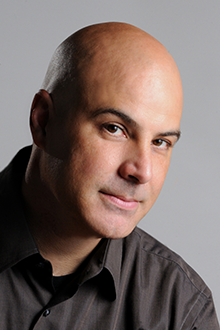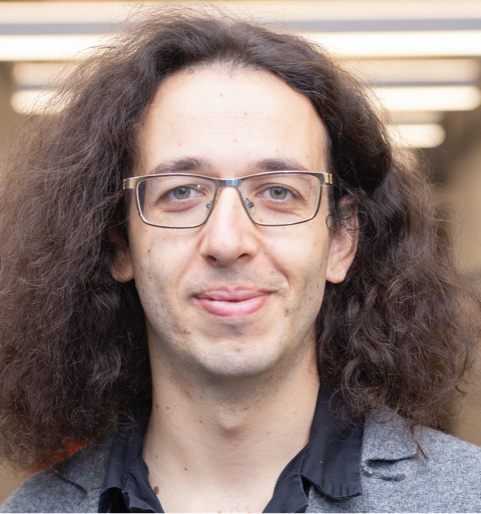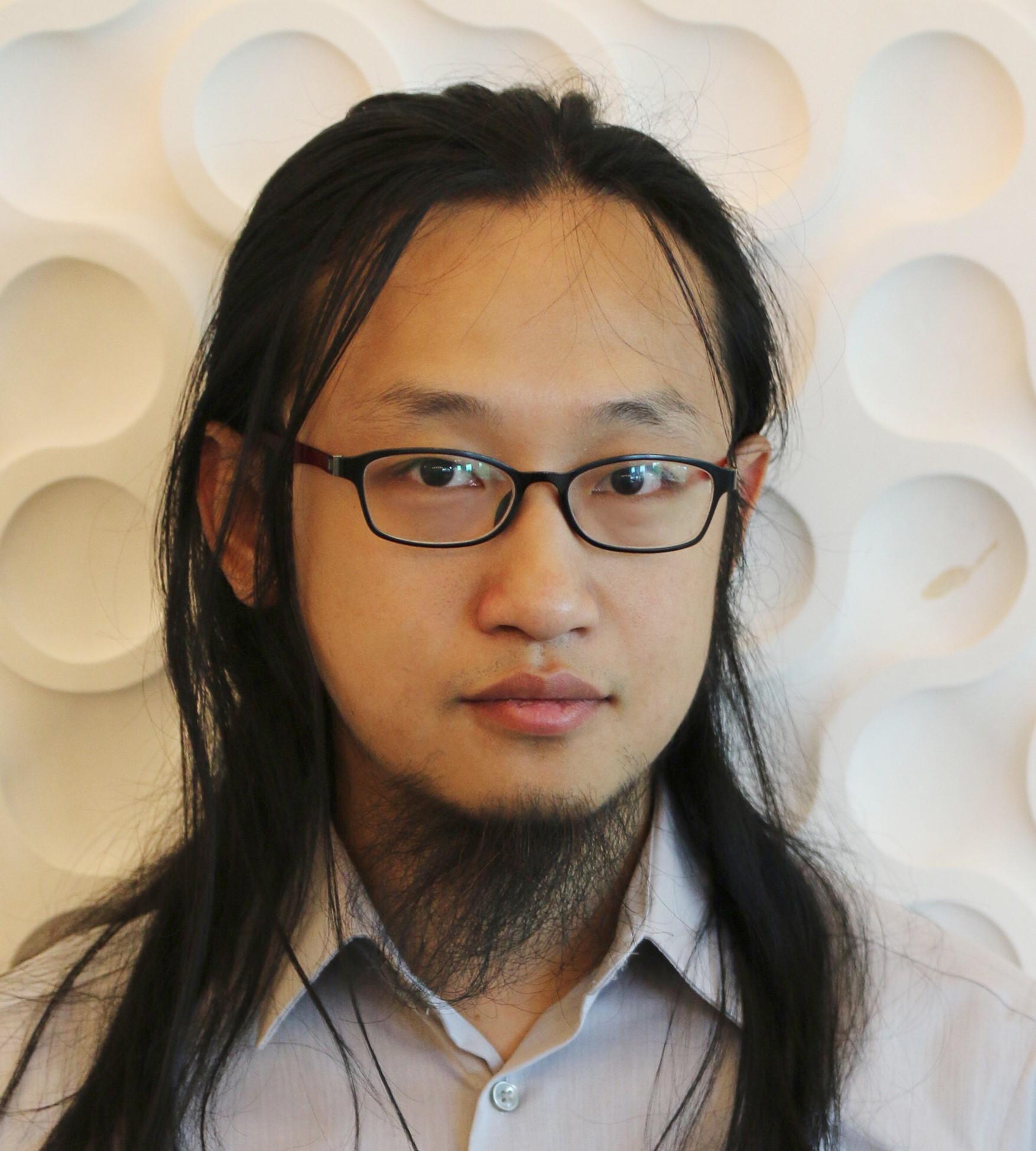Future Paradigms for Sustainable Making

Rapid prototyping has been a major research thrust in HCI and UIST, but the sustainability impact of rapid prototyping has not been thoroughly discussed.
This workshop will offer the UIST community its first opportunity to discuss the sustainability challenges and the research opportunities associated with sustainable rapid prototyping. We will explore key issues such as waste generation from intermediate prototypes, strategies for using sustainable materials, and circular prototyping (e.g., promoting the reuse of components). Additionally, we’ll delve into knowledge-sharing infrastructures like open-sourcing hardware. Our objective is to pinpoint potential HCI research avenues that promote a more sustainable ‘making’ environment both inside labs and in wider contexts.
This workshop will be held on-site as part of UIST on Sunday, October 29th. To join us, register for our workshop during UIST registration. Note: you do not need to submit any work prior to joining! Participation is open to anyone as long as they register.
Background and Goal
Over the past decades, democratized fabrication and electronic toolkits have proven to be a monumental driving force for innovation. Tools like 3D printers, laser cutters, Arduino, and CircuitPython are now common in research labs and makerspaces, drastically reducing the innovation cycle. However, this ease in rapid design iteration has introduced notable sustainability challenges.
The development of new products through rapid prototyping inevitably produces a large number of intermediate prototypes, such as 3D printed structures and custom PCBs. These intermediate prototypes are created to verify various aspects of our design but are not utilized in subsequent iterations—these one-off prototypes leave behind a significant amount of waste. Unfortunately, currently, there are no established ways to re-purpose or minimize the waste generated in this process. Additionally, bulk order leftovers, under optimized space management, and underdeveloped knowledge sharing infrastructures are also contributing to sustainability issues in various aspects of rapid prototyping.
This workshop aims to explore the sustainability issues linked with rapid prototyping and pinpoint HCI research paths for more sustainable “making” processes.
Agenda
The workshop will consist of keynotes, demos, hands-on building, and brainstorming sessions, divided into six distinct activities. (More details to follow!)
| Activity | Time (PDT) |
|---|---|
| Opening & Introduction | 9:00-9:15 |
| Keynotes | 9:15-10:15 |
| Coffee Break | 10:15-10:45 |
| Discussion Panel with Keynote Speakers | 10:45-11:15 |
| Brainstorm: Sustainability Challenges in Making | 11:15-12:30 |
| LUNCH BREAK | 12:30-13:30 |
| Collaborative Making Activity | 13:30-14:30 |
| Coffee Break | 14:30-15:00 |
| Brainstorm: Tools and Future Technologies for Sustainable Making | 15:00-16:00 |
| Closing & Future Plans | 16:00-17:00 |
Keynote Speakers
We are excited to announce our keynote speakers to our workshop: Gregory Abowd, Eric Paulos, and Kristin Williams.
Organizers
Suggested Readings on Sustainable Making
- Jasmine Lu, Beza Desta, K.D. Wu, Romain Nith, Joyce Passananti, and Pedro Lopes. 2023. ecoEDA: Recycling E-waste During Electronics Design. In Proceedings of the 36th Annual ACM Symposium on User Interface Software and Technology (San Francisco, CA, USA) (UIST ’23).
- Tingyu Cheng, Taylor Tabb, Jung Wook Park, Eric M Gallo, Aditi Maheshwari, Gregory D. Abowd, Hyunjoo Oh, and Andreea Danielescu. 2023. Functional Destruction: Utilizing Sustainable Materials’ Physical Transiency for Electronics Applications. In Proceedings of the 2023 CHI Conference on Human Factors in Computing Systems (CHI ‘23). Association for Computing Machinery, New York, NY, USA, Article 366, 1–16. https://doi.org/10.1145/3544548.3580811
- Michael L. Rivera, S. Sandra Bae, and Scott E. Hudson. 2023. Designing a Sustainable Material for 3D Printing with Spent Coffee Grounds. In Proceedings of the 2023 ACM Designing Interactive Systems Conference (DIS ‘23). Association for Computing Machinery, New York, NY, USA, 294–311. https://doi.org/10.1145/3563657.3595983
- Marion Koelle, Madalina Nicolae, Aditya Shekhar Nittala, Marc Teyssier, and Jürgen Steimle. 2022. Prototyping Soft Devices with Interactive Bioplastics. In Proceedings of the 35th Annual ACM Symposium on User Interface Software and Technology (UIST ‘22). Association for Computing Machinery, New York, NY, USA, Article 19, 1–16. https://doi.org/10.1145/3526113.3545623
- Nivedita Arora, Vikram Iyer, Hyunjoo Oh, Gregory D. Abowd, and Josiah D. Hester. 2023. Circularity in Energy Harvesting Computational “Things”. In Proceedings of the 20th ACM Conference on Embedded Networked Sensor Systems (SenSys ‘22). Association for Computing Machinery, New York, NY, USA, 931–933. https://doi.org/10.1145/3560905.3568106
- Ilan Mandel and Wendy Ju. 2023. Recapturing Product as Material Supply: Hover-boards as Garbatrage. In Proceedings of the 2023 ACM Designing Interactive Systems Conference (Pittsburgh, PA, USA) (DIS ’23). Association for Computing Machinery, New York, NY, USA, 564–579. https://doi.org/10.1145/3563657.3596128
- Katherine W Song, Aditi Maheshwari, Eric M Gallo, Andreea Danielescu, and Eric Paulos. 2022. Towards Decomposable Interactive Systems: Design of a Backyard-Degradable Wireless Heating Interface. In Proceedings of the 2022 CHI Conference on Human Factors in Computing Systems (New Orleans, LA, USA) (CHI ’22). Association for Computing Machinery, New York, NY, USA, Article 100, 12 pages. https://doi.org/10.1145/3491102.3502007
- Katherine Wei Song and Eric Paulos. 2023. Vim: Customizable, Decomposable Electrical Energy Storage. In Proceedings of the 2023 CHI Conference on Human Factors in Computing Systems (Hamburg, Germany) (CHI ’23). Association for Computing Machinery, New York, NY, USA, Article 180, 18 pages. https://doi. org/10.1145/3544548.3581110
- Ludwig Wilhelm Wall, Alec Jacobson, Daniel Vogel, and Oliver Schneider. 2021. Scrappy: Using scrap material as infill to make fabrication more sustainable. Proceedings of the 2021 CHI Conference on Human Factors in Computing Systems (2021). https://doi.org/10.1145/3411764.3445187
- Shanel Wu and Laura Devendorf. 2020. Unfabricate: Designing Smart Textiles for Disassembly. In Proceedings of the 2020 CHI Conference on Human Factors in Computing Systems (Honolulu, HI, USA) (CHI ’20). Association for Computing Machinery, New York, NY, USA, 1–14. https://doi.org/10.1145/3313831.3376227
- Eldy S Lazaro Vasquez, Hao-Chuan Wang, and Katia Vega. 2020. Introducing the sustainable prototyping life cycle for digital fabrication to designers. In Proceedings of the 2020 ACM Designing Interactive Systems Conference. 1301–1312.
- Sunyoung Kim and Eric Paulos. 2011. Practices in the Creative Reuse of E-Waste. In Proceedings of the SIGCHI Conference on Human Factors in Computing Systems (Vancouver, BC, Canada) (CHI ’11). Association for Computing Machinery, New York, NY, USA, 2395–2404. https://doi.org/10.1145/1978942.1979292
- Ollie Hanton, Zichao Shen, Mike Fraser, and Anne Roudaut. 2022. FabricatINK: Personal Fabrication of Bespoke Displays Using Electronic Ink from Upcycled E Readers. In Proceedings of the 2022 CHI Conference on Human Factors in Computing Systems (New Orleans, LA, USA) (CHI ’22). https://doi.org/10.1145/3491102.3501844
- Eli Blevis. 2007. Sustainable interaction design: invention & disposal, renewal & reuse. In Proceedings of the SIGCHI conference on Human factors in computing systems. 503–512.}
* Many more papers exist, not just in HCI, but also outside the traditional boundaries of interactive work, and this list is meant to inspire you to read these, search more, and engage with this topic.
Questions?
Feel free to e-mail us.







